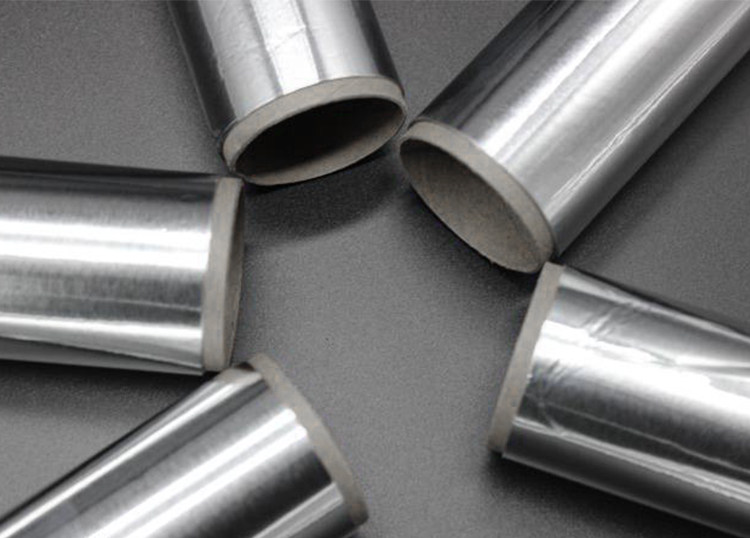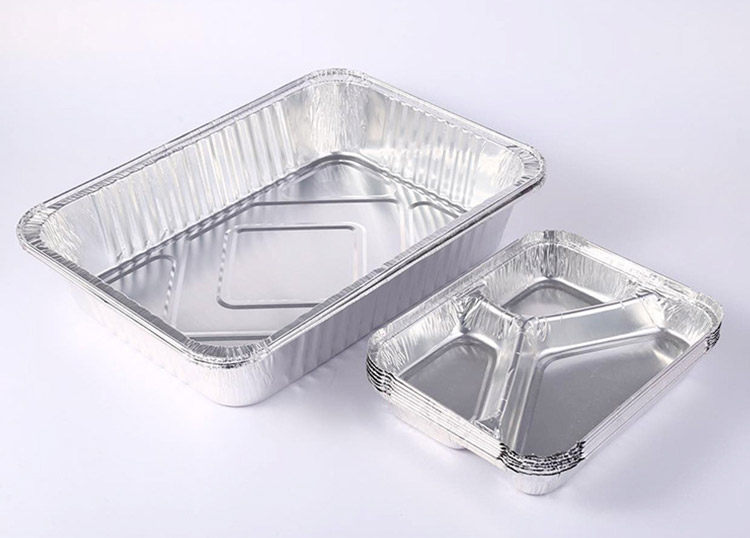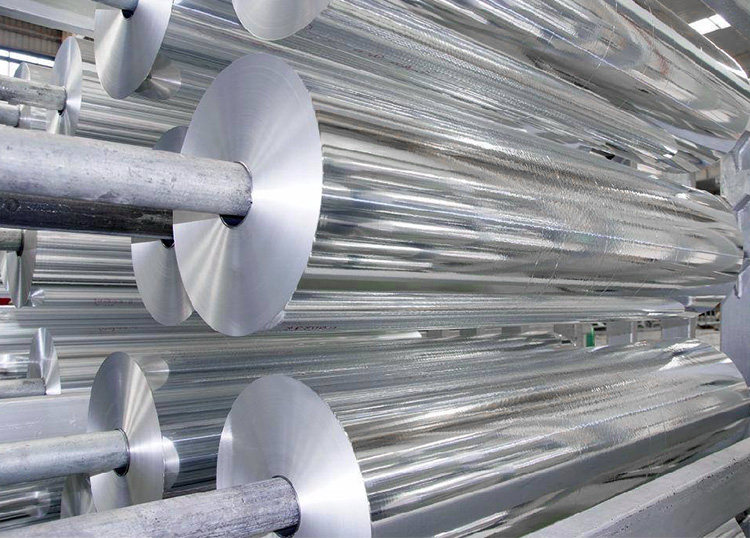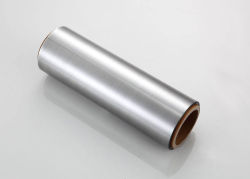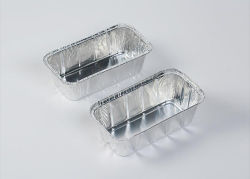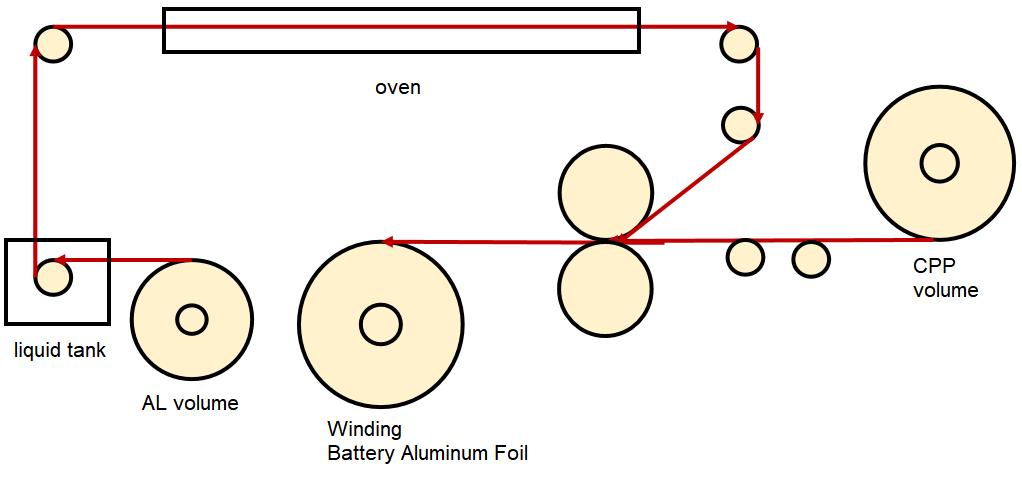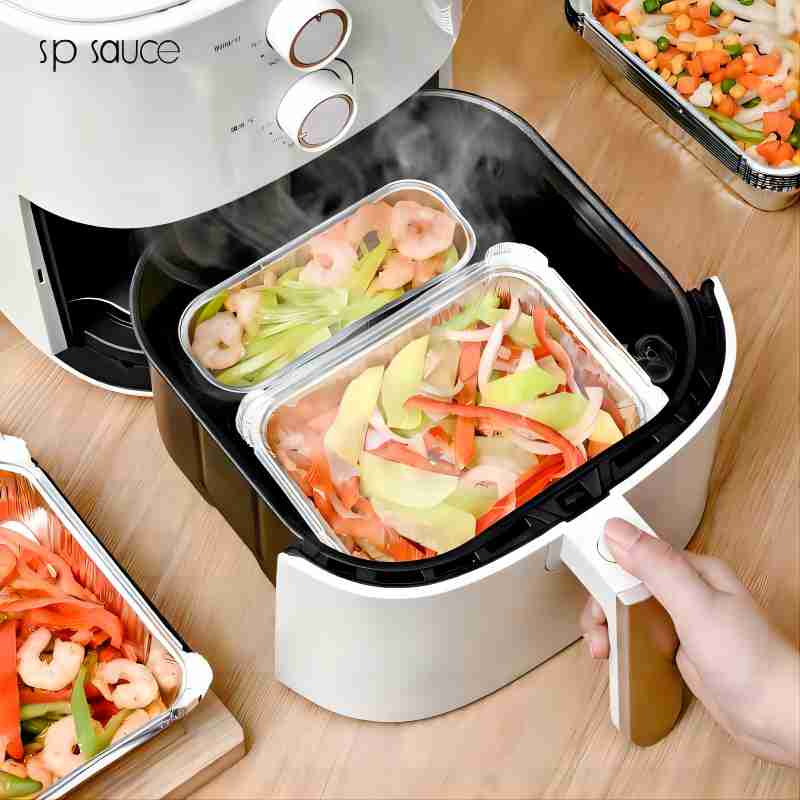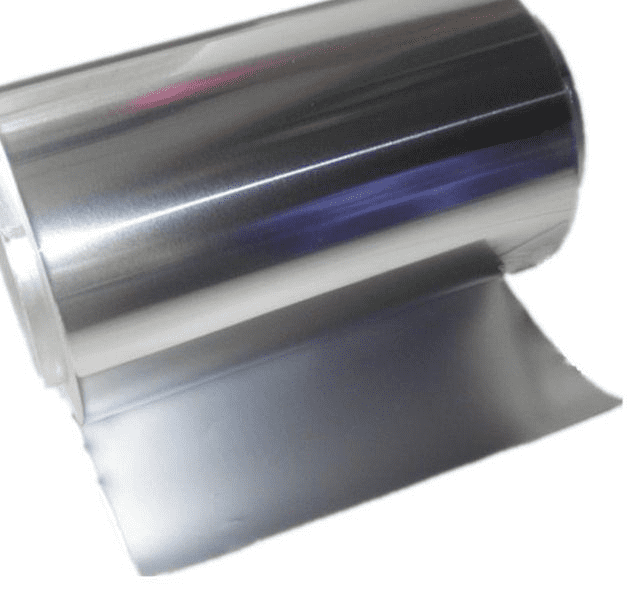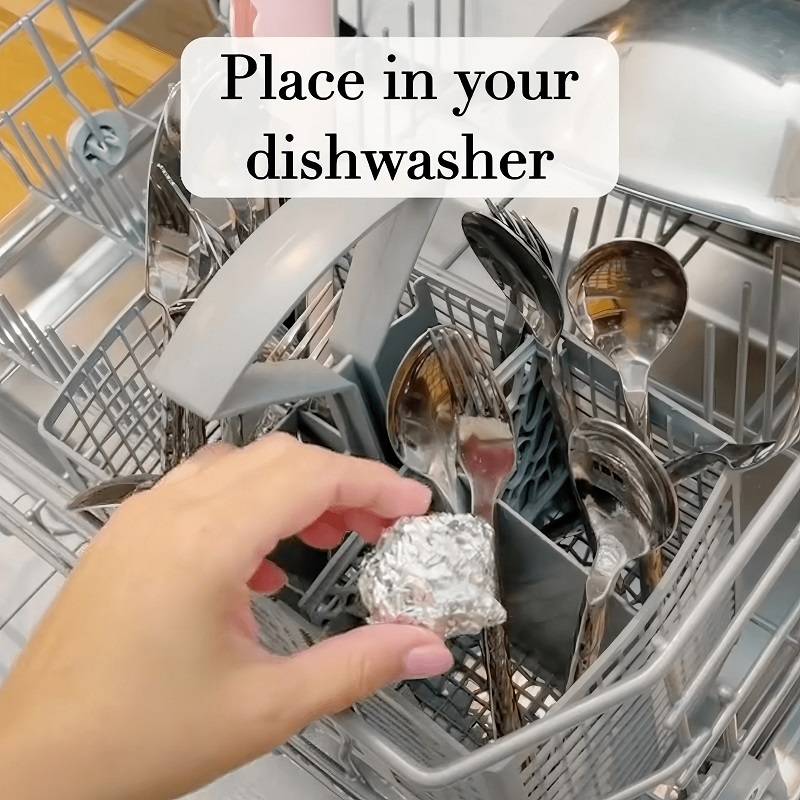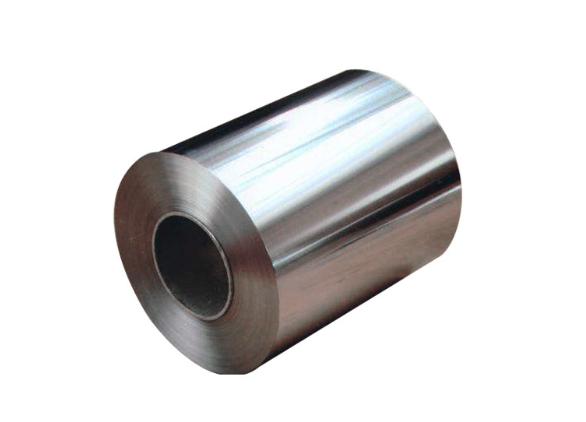In today’s fast-paced world, the need for convenient and efficient food storage solutions has become increasingly important.
With the rise of takeout and delivery services, many people are opting for disposable containers to store their food.
Two of the most popular options for food storage containers are aluminum foil and plastic containers. While both have their advantages and disadvantages, it’s essential to understand the differences between the two before making a choice. In this article, we will explore the benefits and drawbacks of aluminum foil containers and plastic containers for food storage. We’ll also consider factors like cost, durability, and environmental impact to help you make an informed decision.
Here let’s see the benefits and drawbacks of aluminum foil containers and plastic containers for food storage.
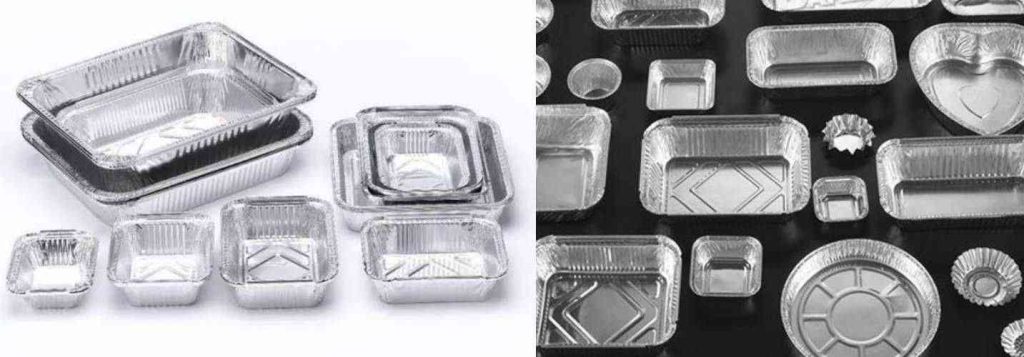
Aluminum Foil Containers
Benefits of Aluminum Foil Containers:
- Durable and resistant to tearing and puncturing
- Can withstand high temperatures, making them suitable for use in ovens and on grills
- Easy to recycle and more environmentally friendly than plastic containers
- Can keep food fresh for longer periods of time
- Provide an airtight seal that prevents odors and spills
Drawbacks of Aluminum Foil Containers:
- More expensive than plastic containers
- Can react with acidic foods, causing a metallic taste or discoloration
- Not suitable to use aluminum foil container in microwave
Plastic Containers
Benefits of Plastic Containers:
- Widely available and affordable
- Lightweight and easy to transport
- Can be used for both hot and cold food storage
- Can be labeled as recyclable, although they are not biodegradable
Drawbacks of Plastic Containers:
- Less durable than aluminum foil containers and more prone to breaking or cracking
- Can degrade over time, especially when exposed to high temperatures
- May contain harmful chemicals, such as BPA, which can leach into food
- Not environmentally friendly and can take hundreds of years to decompose in landfills
3 Factors to Consider When Choosing the Proper Food Containers
Through the above introduction, we have a general understanding of the advantages and disadvantages of the aluminum foil food container and plastic containers for food storage. Next, we will introduce how to choose a suitable container from durability, environmental impact and cost:
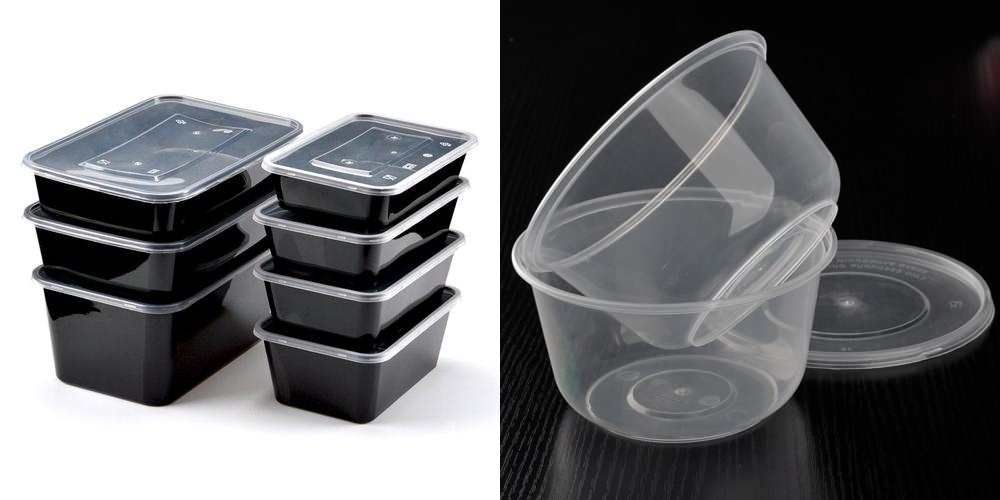
Durability:
Aluminum foil containers are generally more durable than plastic containers, as they are more resistant to tearing and puncturing. They are also more suitable for use in high-temperature environments, such as in ovens or on grills, without melting or warping. Plastic containers, on the other hand, are more prone to cracking, breaking, and degrading over time, especially when exposed to high temperatures.
Environmental Impact:
When it comes to the environmental impact, aluminum foil containers are generally considered more eco-friendly than plastic containers. Aluminum is a highly recyclable material, and aluminum foil containers can be easily recycled after use. In contrast, plastic containers are not biodegradable and can take hundreds of years to decompose in landfills, contributing to pollution and environmental damage. Some plastic containers may be labeled as recyclable, but they are often difficult to recycle and may end up in landfills anyway.
Cost:
Aluminum foil containers are generally more expensive than plastic containers, but the price can vary depending on the size and quantity of the containers. Plastic containers, on the other hand, are widely available and can be found at a lower cost in most stores. However, the cost of plastic containers can add up over time, as they are generally not designed for reuse and must be replaced more frequently than aluminum foil containers.
In summary, aluminum foil containers are generally more durable and environmentally friendly than plastic containers, but they are also more expensive. Plastic containers are more affordable, but they are less durable and have a more significant environmental impact. Ultimately, the choice between aluminum foil and plastic containers for food storage depends on individual needs, preferences, and priorities.
Related Products
Related Article

